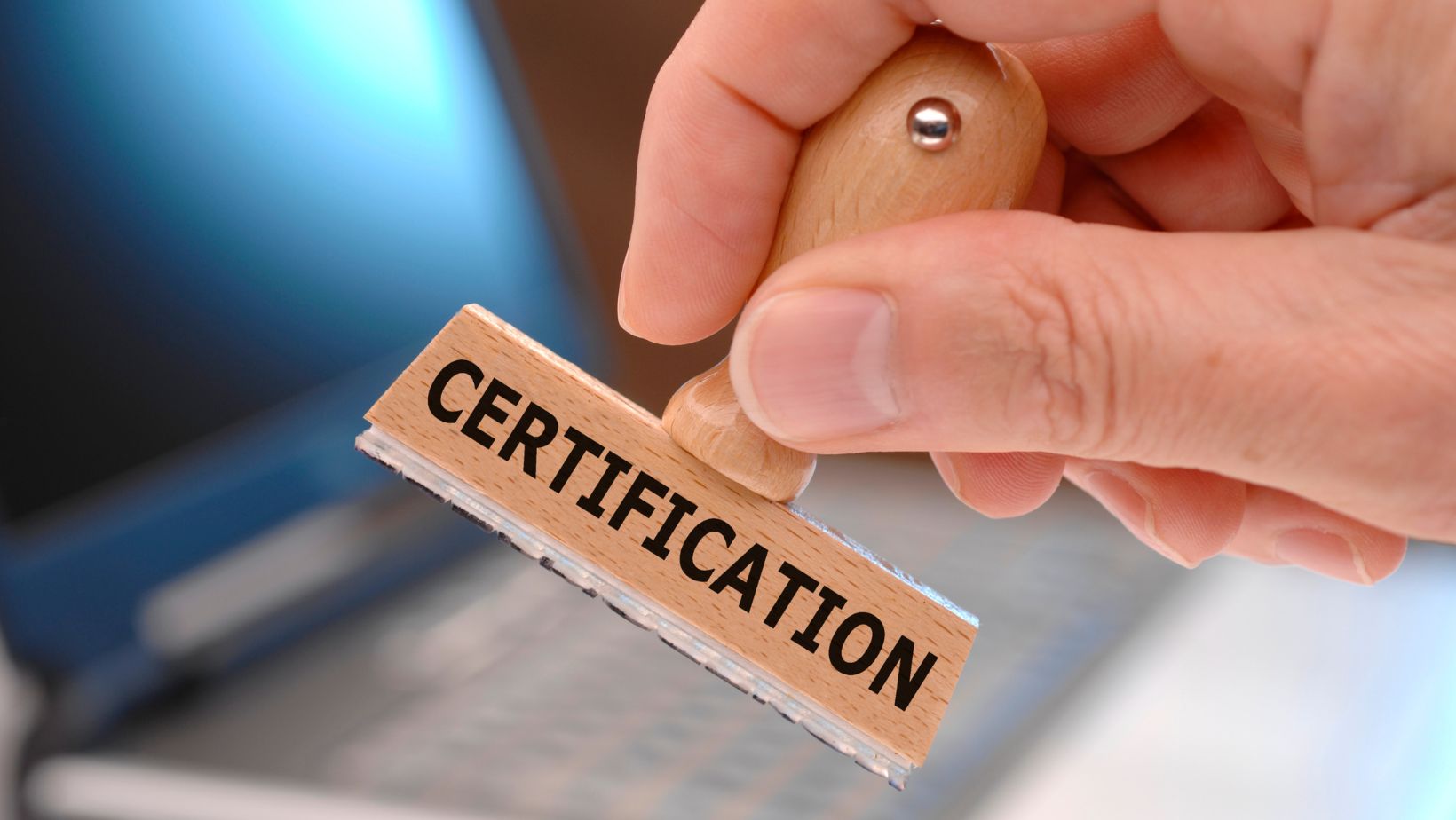Gathering Evidence of Skills and Achievements
As a school or college student, the world is your oyster, and your future is brimming with endless possibilities. Whether you’re dreaming of pursuing further education, embarking on an exciting apprenticeship, heading off to uni or diving straight into the workforce, one thing remains constant: your need to stand out in a competitive landscape. The key to this lies in gathering evidence of skills and achievements. Let’s explore why this is crucial and look at what you’ll need to get started.
Why Gather Evidence of Skills and Achievements now?
Imagine this: you’re filling out a college application, preparing for an apprenticeship interview, or applying for your dream job. What sets you apart from other applicants? How can you convince the decision-makers that you’re the perfect fit? The answer lies in the evidence you can present to support your claims. Gathering evidence of your skills and achievements is essential for several reasons:
1. Making a Strong Case
When you provide concrete examples of your skills and accomplishments, you’re not just telling your future educational institution or employer that you’re capable—you’re showing them. It’s like having a stack of letters of recommendation from your past self.
2. Meeting Entry Requirements
Many colleges and apprenticeship programs have specific entry requirements, which often include certain skills, qualifications, or work experience. Gathering evidence allows you to meet or even exceed these requirements, increasing your chances of acceptance.
3. Tailoring Your Application
A well-prepared portfolio of your achievements enables you to customize your applications to match the requirements of your chosen course or job. This personalization demonstrates your commitment and suitability for the role.
Identifying Your Skills and Future Needs
Before you can gather evidence, you must identify the skills and work experience required for your chosen path. Here’s how you can go about it:
- Research Entry Requirements: Start by researching the entry requirements for your desired college course, apprenticeship program, or job. Visit their websites, attend open houses, and reach out to admissions or HR departments for detailed information.
- Study Job Advertisements: Look for job advertisements in your chosen field. These often list the specific skills and qualifications employers are seeking. Take notes on common requirements.
- Self-Assessment: Reflect on your current skills and experiences. What do you excel at? What areas need improvement? Be honest with yourself and consider how you can bridge the gaps.
Identifying Personal Skills Gaps
It’s equally important to discover skills or experience that you might be missing and plot how you can develop these skills whilst you have time so you can be prepared for when you’ll need them. You can do this by:
- Goal Setting: Begin by setting clear, achievable goals for your future. Whether it’s becoming a software developer, a nurse, or an artist, define the specific skills and qualifications required for your chosen path.
- Skills Inventory: Conduct a comprehensive inventory of your existing skills. List everything you excel at, from academic achievements to extracurricular activities and hobbies
- Gap Analysis: Compare your skills inventory to the requirements of your chosen path. Identify the gaps between what you currently possess and what’s needed. These gaps represent areas for improvement.
- Seek Guidance: Don’t hesitate to seek advice from teachers, counselors, or professionals in your desired field. They can provide valuable insights into the skills and experiences you’ll need.
Gaining Experience and Developing Skills
Now that you know what skills and experience you need, it’s time to acquire them. Here are some effective strategies:
1. Hobbies
Your hobbies can be a treasure trove of skills and achievements. Whether it’s playing a musical instrument, participating in sports, or creating art, these activities can showcase your dedication, discipline, and creativity.
2. Part-Time Jobs
Part-time jobs are a fantastic way to gain real-world experience. Whether you’re flipping burgers, working as a cashier, or babysitting, you’ll develop valuable skills like time management, customer service, and teamwork.
3. Work Experience
Seek out internships or work placements in your desired field. Even unpaid opportunities can provide invaluable hands-on experience and demonstrate your commitment.
4. Volunteering
Volunteering is not only a noble endeavor but also a great way to develop a wide range of skills and demonstrate your commitment to social causes. Whether you’re helping at a local charity or organizing community events, your efforts matter.
5. Building a Portfolio
If you’re pursuing a creative or technical career, start building a portfolio of your work. This could include writing samples, design projects, coding scripts, or any other relevant work that showcases your skills.
6. Online Business
Consider starting a small online business, like selling handmade crafts or offering freelance services. This entrepreneurial experience not only develops skills but also demonstrates your initiative and business acumen.
Summary
Gathering evidence of skills and achievements is your passport to a successful future. By researching your chosen path, identifying your needs, and strategically gaining experience, you’ll be well-equipped to stand out in applications and interviews. Remember, your journey starts now, and the evidence you accumulate today will pave the way for your dreams tomorrow. So, go out there and start collecting those valuable tokens of your potential!









